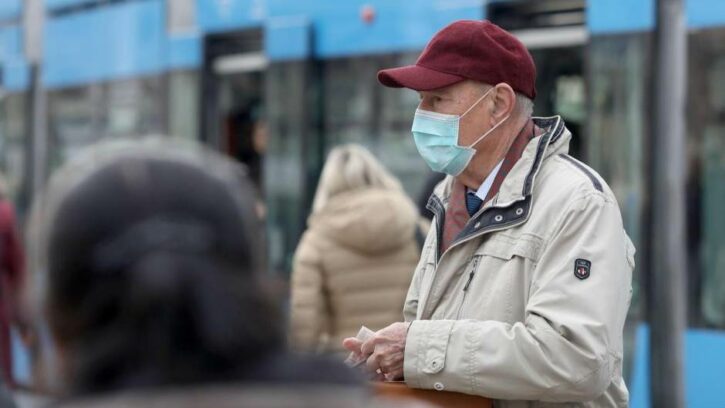
We will return to our normal lives by the summer, Professor Ugur Sahin of Johannes Gutenberg University at Mainz, the co-founder of the biotechnological company BioNTech and creator of the first vaccine against coronavirus, told Vecernji List newspaper in an interview published on Saturday.
Asked when the COVID-19 pandemic would stop, Sahin said that it would not stop, but would be brought under control.
“I have no doubts that, if everything goes well in Europe, we will achieve enough control in September, but we will reduce the mortality rate already in March and April. We will be seeing minor outbreaks afterwards because not all people will be vaccinated. We will have to learn to live with this situation. From time to time there will be severe infections because of non-vaccination or immunosuppression. We will have to live with that, but we will return to our normal lives no later than the summer. That's what I believe,” the scientist said.
“We have to see how long the immunity will last after vaccination. The immunity will drop, the virus will change, and at one point we will realise that we need a new vaccine. The question is whether that is five months, 18 months or two years. Right now I don't know. If we see that the vaccine is well-tolerated, there are no serious side effects, we might opt for being vaccinated every year, to be on the safe side. That's one option. But we have to see yet,” he added.
Asked if his vaccine could protect against new strains of COVID-19, Sahin said they had so far tested it on the British variant and that the results of the tests on the Brazilian and South African strains would be made public soon.
“The level of protection against the British variant is the same, while it is slightly lower in the case of the South African and Brazilian variants. But that's nothing we should worry about. It is important to say that antibodies are just one level of protection and that there are other levels as well. In any case, we want to assess how a certain strain can change and do a clinical study with one or two variants to see how often changes occur,” Sahin said.
Speaking of the future of messenger RNA vaccines, he said that the approval of this vaccine might accelerate approvals for future ones.





Kakvo je tvoje mišljenje o ovome?
Budi prvi koji će ostaviti komentar!